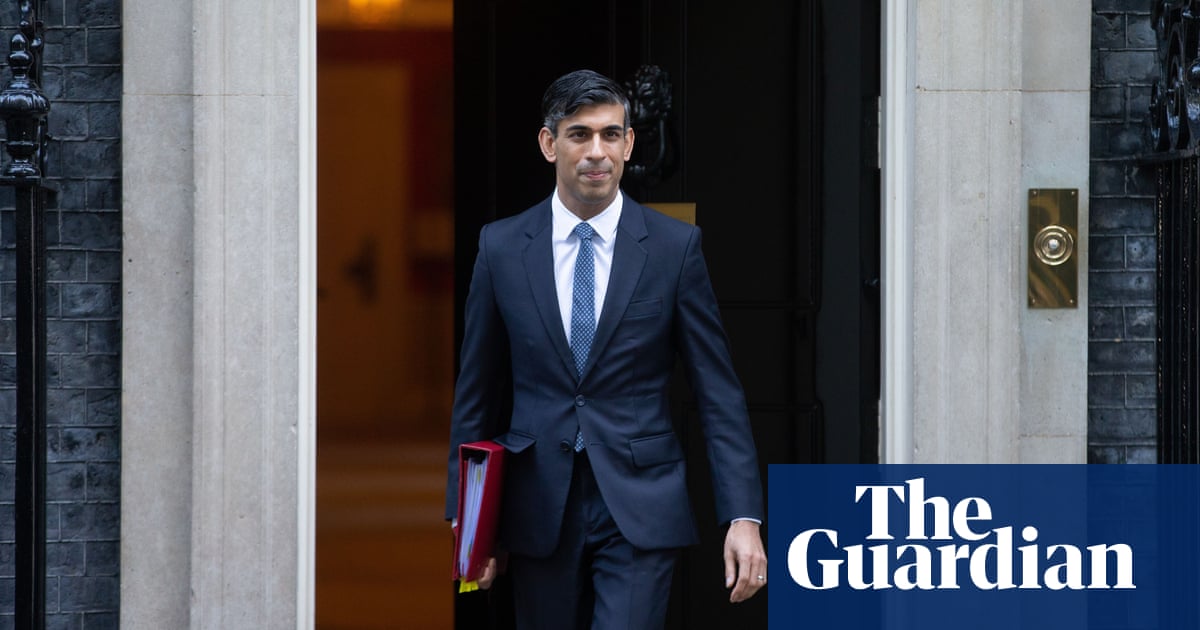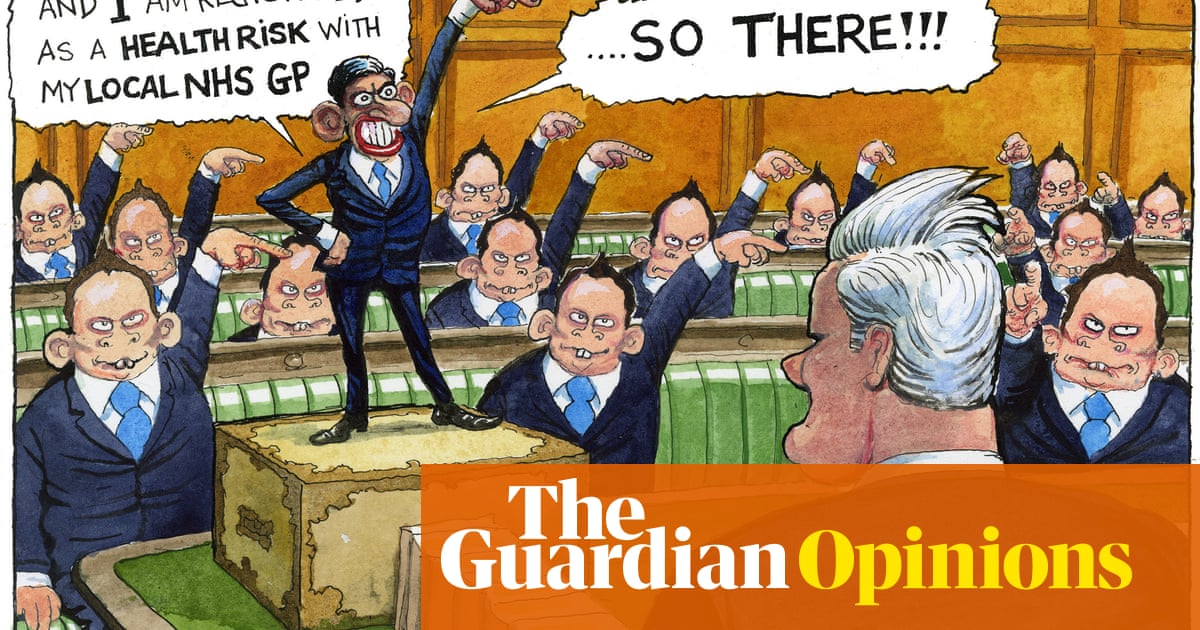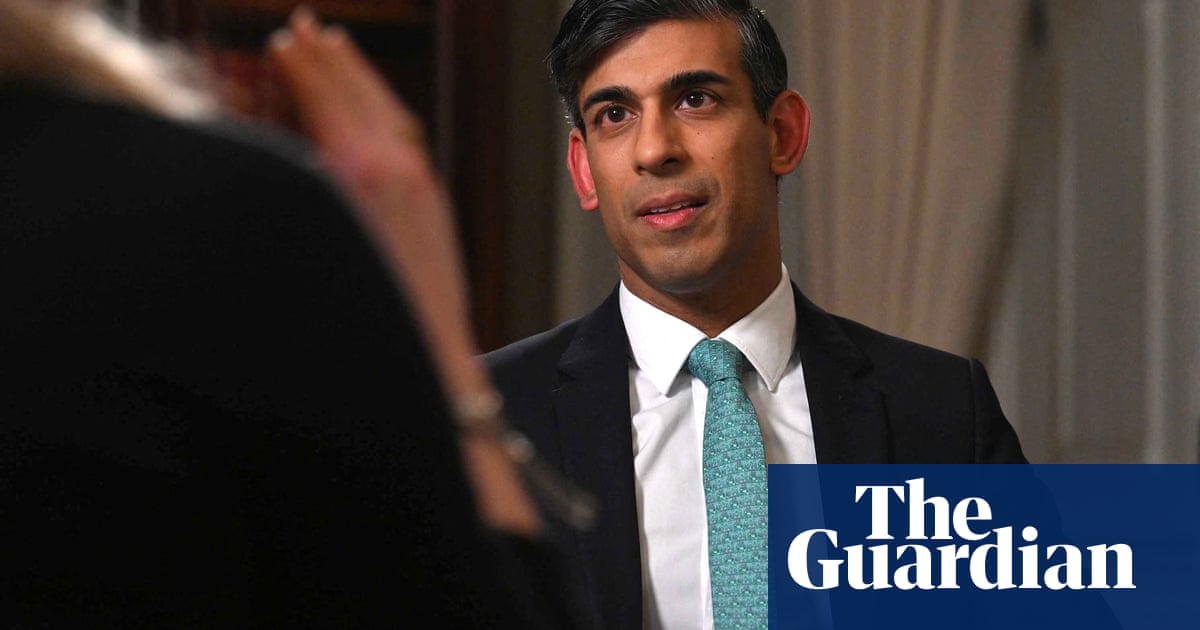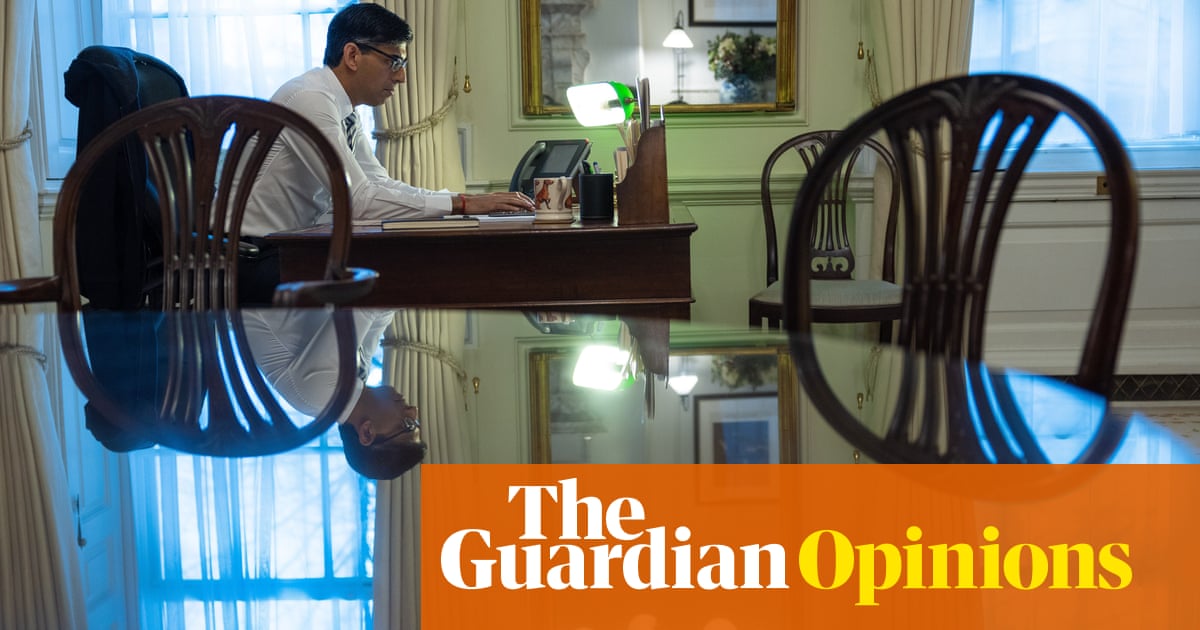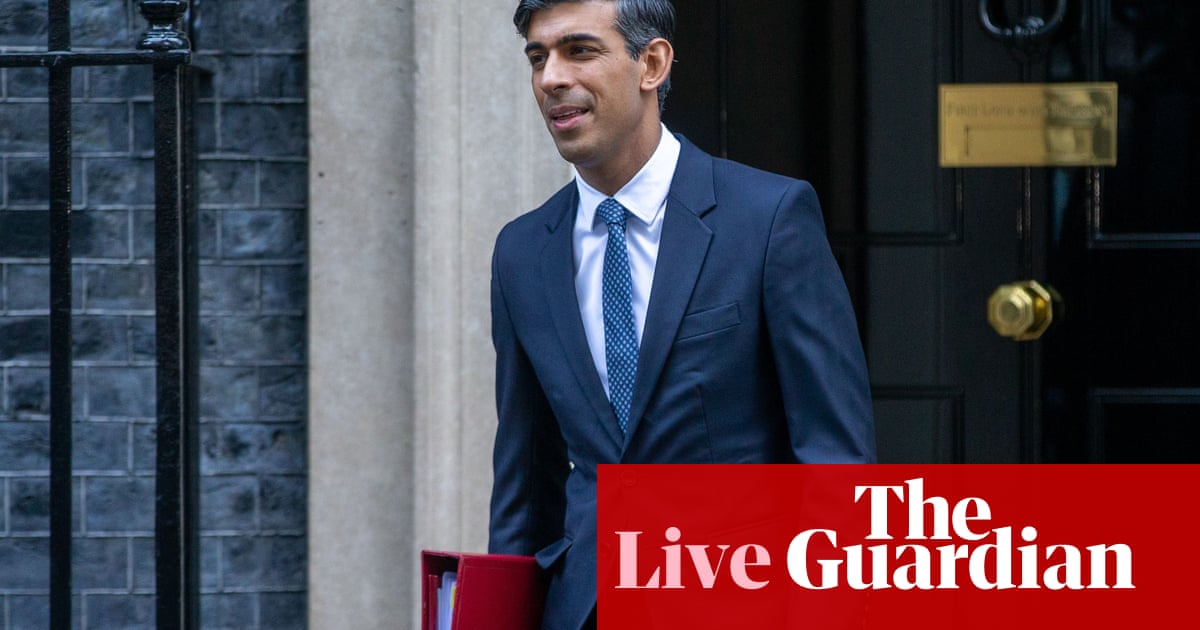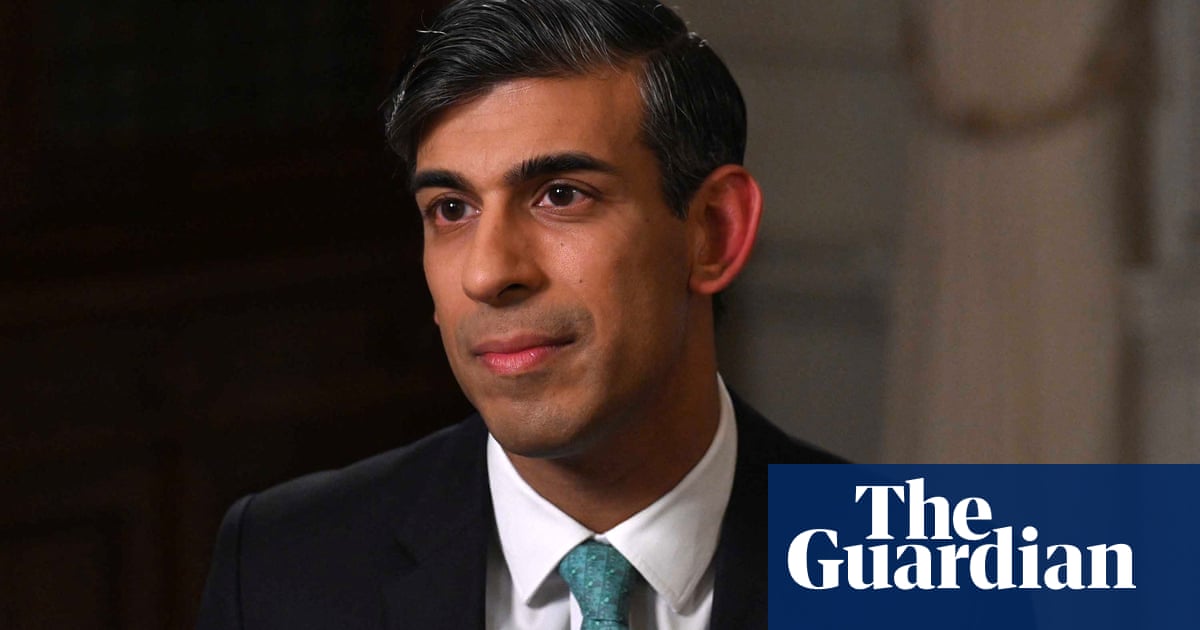
Rishi Sunak is registered with a private GP practice that guarantees that all patients with urgent concerns about their health will be seen “on the day”.
The west London clinic used by the prime minister charges £250 for a half-hour consultation and, unlike most NHS GPs across the country, offers appointments in the evenings and at weekends, as well as consultations by email or phone that cost up to £150.
Patients can request home visits from doctors for which they are charged between £400 and £500, depending on the time of day or night. The clinic, which the Guardian has chosen not to name, also charges up to £80 for prescriptions.
The latest NHS England figures show that most patients have to wait longer for an appointment. Just 41.5% of GP appointments in September took place on the same day, with a further 8% taking place the following day. About 19% of appointments took place between two and seven days after booking, while 13.5% of patients had to wait up to two weeks, and 5% more than a month.
Last week, Sunak’s government recommitted to a promise by Thérèse Coffey, the health secretary under Liz Truss, that no patient would wait longer than two weeks to see a GP. The government also pledged that everyone who needs an urgent appointment would be able to get one on the same day.
Sunak refused to answer questions at the G20 summit in Bali last week about whether he had private healthcare, saying only that it was “not appropriate” to talk “about one’s family’s healthcare”.
At prime minister’s questions earlier this month, he ducked the issue when asked by MPs if he would use a GP or accident and emergency service if he or a family member became unwell – or “pay privately” to see someone more quickly. He responded by praising the team at the NHS Friarage hospital, in Northallerton in his constituency, which he said had provided “excellent care” to his family, but did not fully answer the question.
Sunak was also pressed during the summer leadership campaign on when he and his family last used the health service. He said: “You wouldn’t expect me to talk about my kids’ medical [history], but of course we use the NHS.”
Downing Street declined to comment on the prime minister’s decision to use a private GP practice.
Margaret Thatcher revealed in 1987 that she had private health insurance, saying it was “vital” to “go into hospital on the day I want, at the time I want, and with a doctor I want”. David Cameron made a virtue of using the NHS during his time at No 10, while Boris Johnson claimed it saved his life when he caught Covid.
In last week’s autumn statement, the chancellor, Jeremy Hunt, announced a £3.3bn increase in NHS funding to save the health service from collapse this winter, as well as plans for a major NHS efficiency review.
Paul Evans, director of the NHS Support Federation, an independent group of researchers and journalists, said: “The NHS can consistently provide responsive care to the whole population, but only when it is properly funded. Private healthcare is not a realistic option for most people. Of course the PM can ‘go private’ if he wishes, but it is a reminder that we need politicians that have a long-term belief in the publicly run NHS which most of us rely upon.”
Dr Ellen Welch, a GP and co-chair of the Doctors’ Association UK, said: “If NHS general practice continues to be neglected and private practice becomes the norm, it is the least well-off who will suffer.”
Dr John Puntis, co-chair of campaign group Keep Our NHS Public, said: “It should be no surprise that Rishi Sunak has private medical care arrangements; this will be the norm for many of the rich and powerful … those making decisions about vital public services are often least likely to use them, which of course reinforces their ideological animosity.”




